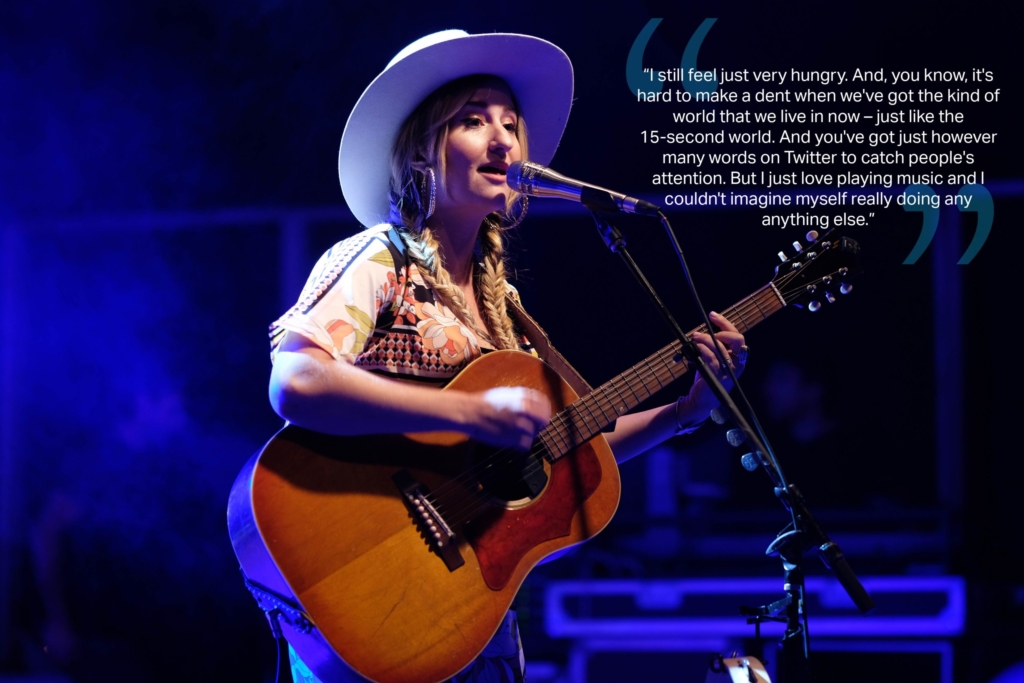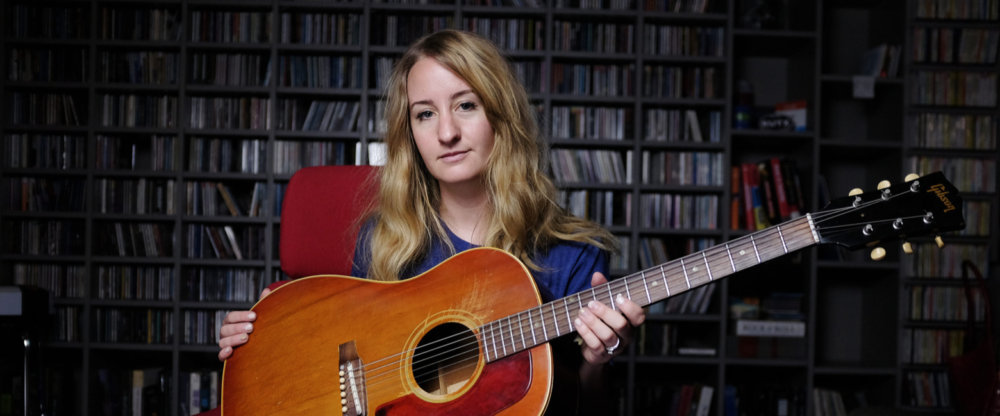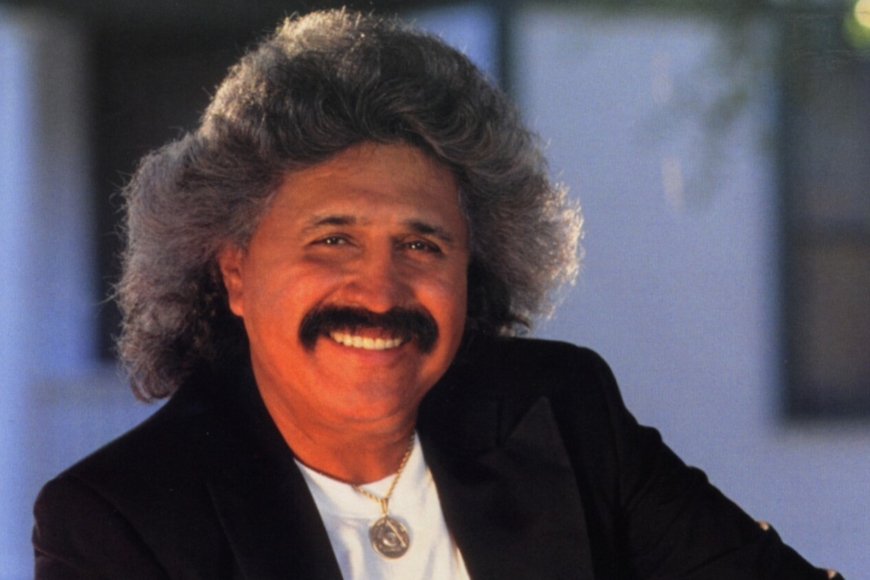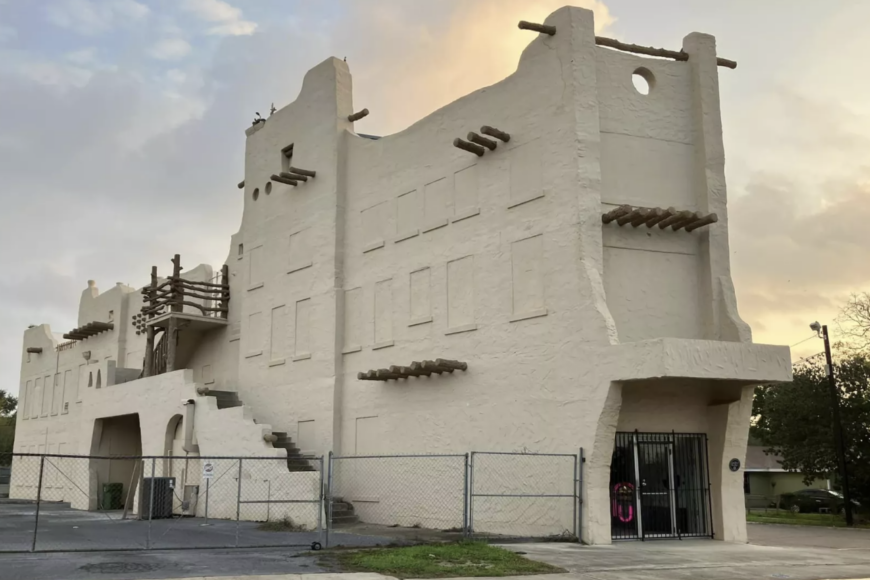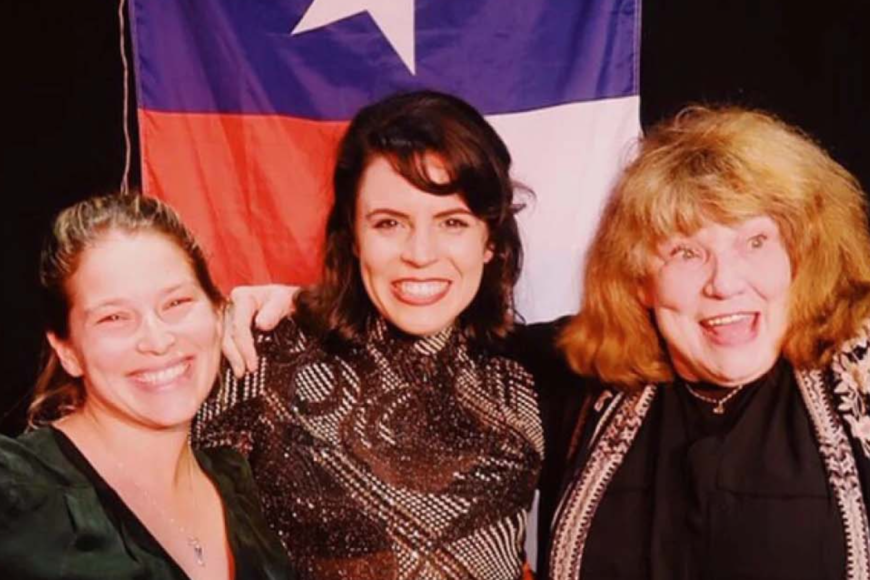Texas Standard | By Rhonda Fanning, Michael Marks, Leah Scarpelli and Raul Alonzo | October 13, 2022 2:34 pm
In “Maybe We’ll Make It,” Price tells the story of growing up in rural Illinois to becoming a star in Nashville.
Margo Price has made a living telling the truth. From her debut album “Midwest Farmer’s Daughter,” in 2016, Price has drawn on her own experience to write American music, telling stories about things like the loss of her family’s farm, inequality and injustice, and the death of her child.
Now the Grammy-nominated Price has strung these stories and more together in a new memoir called “Maybe We’ll Make It.”
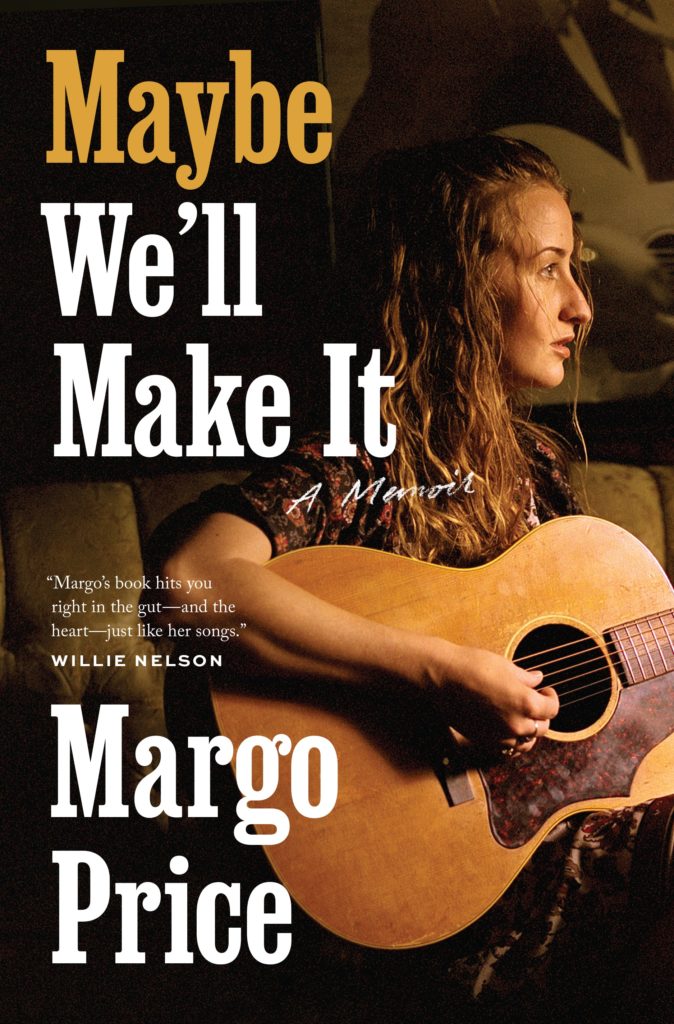
Price, born and raised in Aledo, Ill., drew from the early memory of the loss of that family farm – to what is described as a combination of debt, drought and corrupt bankers – in the mid-80s.
“Well, I think it was just, you know, a source of shame,” Price said. “And I think as we see a lot of people in America struggling to make ends meet, that just wears on you. And so I definitely just saw my family struggling: struggling to pay bills, struggling to be healthy and also struggling to fight off their own demons and addictions. It was hard to watch at times.”
Reminiscing about her small-town upbringing, Price said she often thinks of the phrase “idle hands do the devil’s work.” Growing up, passing the time often included outings to parties in her junior and high school years or simply cruising the backroads. But one constant was listening to music, an escape that contributed to Price’s dreams.
“The town that I grew up in really was – it still is – just kind of a ghost town, and it creates that feeling that just gnaws at you,” Price said. “You just kind of dream about running away and getting out and just making something of yourself. Just, you know, doing something different.”
Getting out and realizing those dreams was no easy task.
Price and her husband, Jeremy, lived off a bit of an Abbie Hoffman-inspired “anarchy streak,” as she described, it in the lean years before finding her success. Frugal eating, dumpster-diving and a little bit of theft (though never from any Mom and Pop stores, Price assures) supplemented the various jobs the couple bounced around from to get by.
“It was a wild time,” Price said. “But actually, looking back on it, it was a lot of fun because we had each other to lean on and we always just made the best of it.”
But amid the struggles and moving between “a hundred different dirty apartments and duplexes,” they were able to fashion a DIY outlet for their musical aspirations – complete with a home recording studio, self-made album artwork and even a made-up manager with the name “John Sirota” that was used to book shows.
Through the efforts of “John Sirota,” Price was able to book a tour across the U.S.

“We did what we could just to try to get a show,” Price said. “We’d sleep anywhere. And it was the same, too. We had a lot of people that we met, a lot of bands that were coming in Nashville and a lot of people that crashed at our house. And, you know, you really made like a sense of community with all the people around you that were also just trying to make it.”
Navigating the music industry has been its own kind of challenge for Price. Along with the struggles regarding the business aspect of it, Price said she also encountered hurdles as a woman in the industry. Before eventually being signed to Jack White’s Third Man Records with the release of “Midwestern Farmer’s Daughter,” Price said she was passed on by several labels who told her they already had a certain number of women on the label.

“It really motivated me and lit a fire under me and really fueled a lot of my passion to keep going,” Price said. “And when I accepted my Americana Award for Emerging Artist of the Year, I made sure to thank every single person who passed on me because I saw a lot of their faces in the crowd.”
Another force that helped guide Price through early career struggles has been to follow the examples of trailblazers like the late Loretta Lynn. The legendary country singer, who passed away earlier this month at the age of 90, was a guide for Price in many ways outside of simply serving as an inspiration.
Price recounted how, when she was feeling trepidation about being pregnant with her daughter Ramona and how she would balance motherhood and her career, she received a call from Lynn. Price had hinted at her worries to Lynn’s daughter Patsy, which Price speculates tipped Lynn off to her fears. Price recalled Lynn’s advice: “’Hey, you know, I think that you should have as many babies as you want. You shouldn’t be worried about what it’s going to do to your career, because people are going to accept you anyway.’”
“There was just no one like her,” Price said. “She was incredibly brave. And I think that she did and said things at a time when women were really just expected to shut their mouths and look pretty. And she had a massive influence on me. I borrowed so much from her – just her spirit, her spunk. It’s incredible to see how she has, you know, just spanned decades. I still can’t believe that I got the chance to meet her and and get to know her and have a lot of memories that I’ll just treasure forever.”
While the journey has been long and not without struggle, Price said the fire that has kept her passionate about music has not subsided. Now, through her memoir, that journey is all the clearer for her fans – painting for listeners an image of the artist that perhaps strings together all that has been gathered thus far from her lyrical poetry.
“I still feel just very hungry,” Price said. “And, you know, it’s hard to make a dent when we’ve got the kind of world that we live in now – just like the 15-second world, and you’ve got just however many words on Twitter to catch people’s attention. But I just love playing music, and I couldn’t imagine myself really doing any anything else.”
Margo Price is currently on tour promoting her new memoir. You can catch in Austin as part of the Texas Book Festival on Nov. 5 and in Dallas on Nov. 6.
